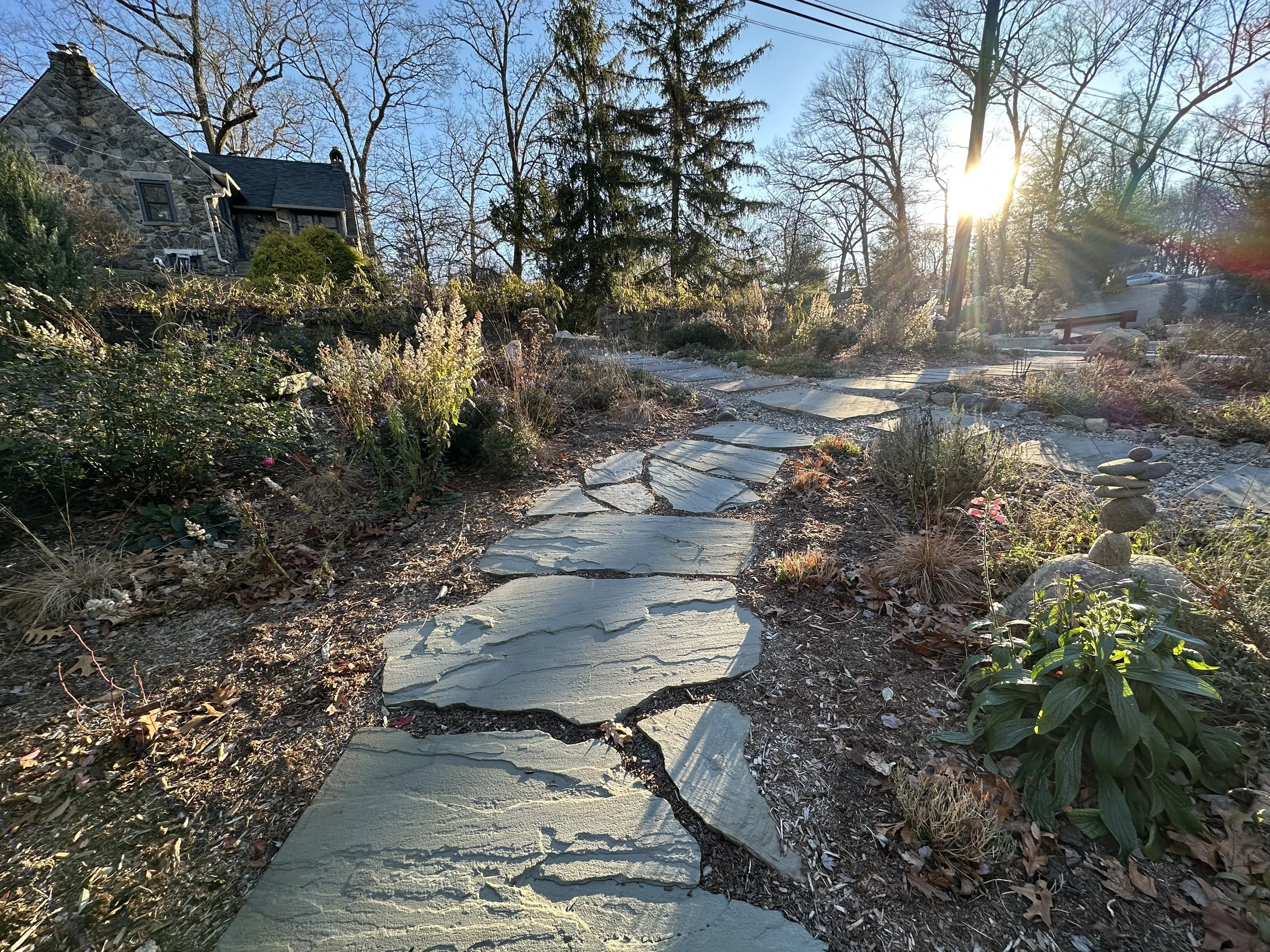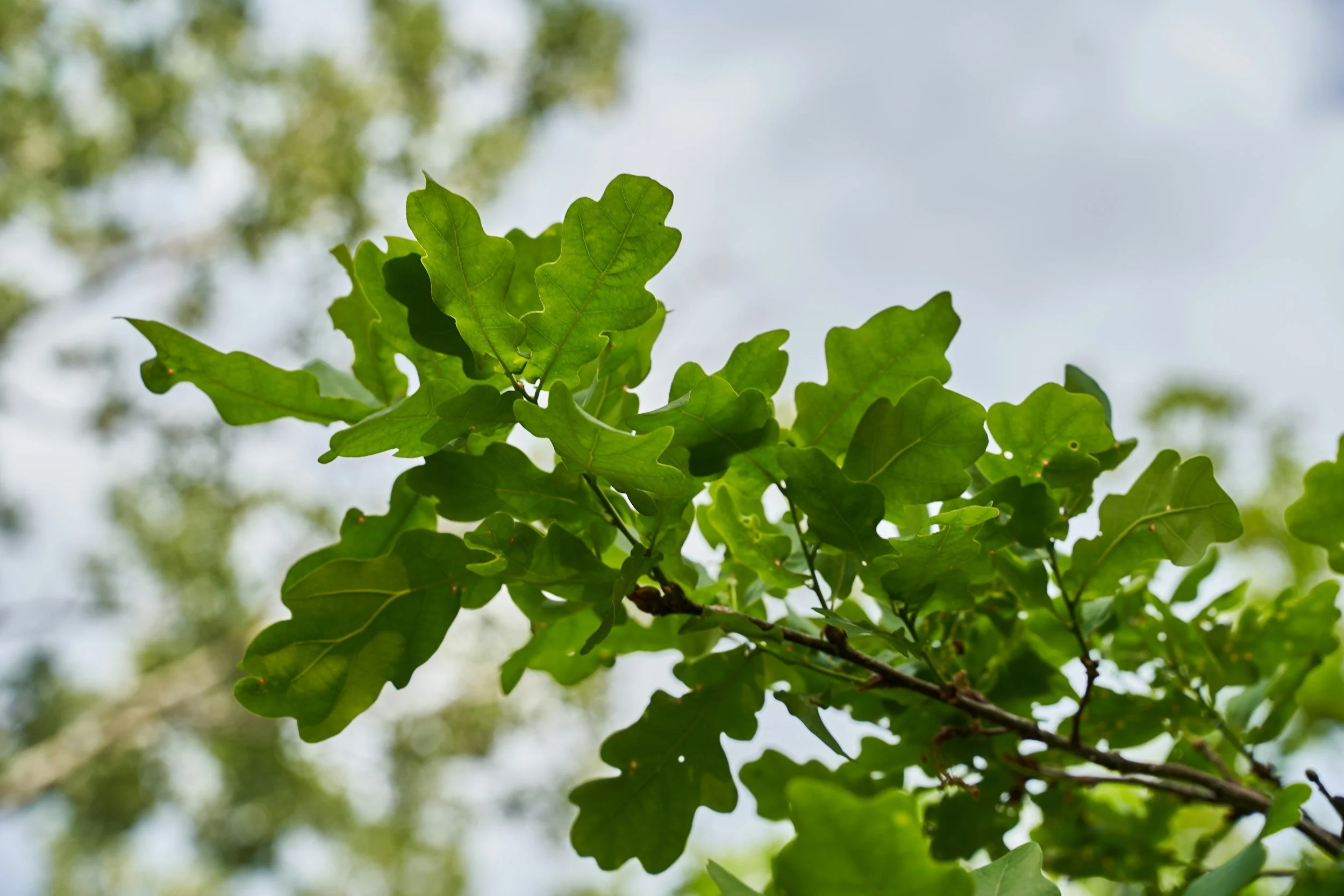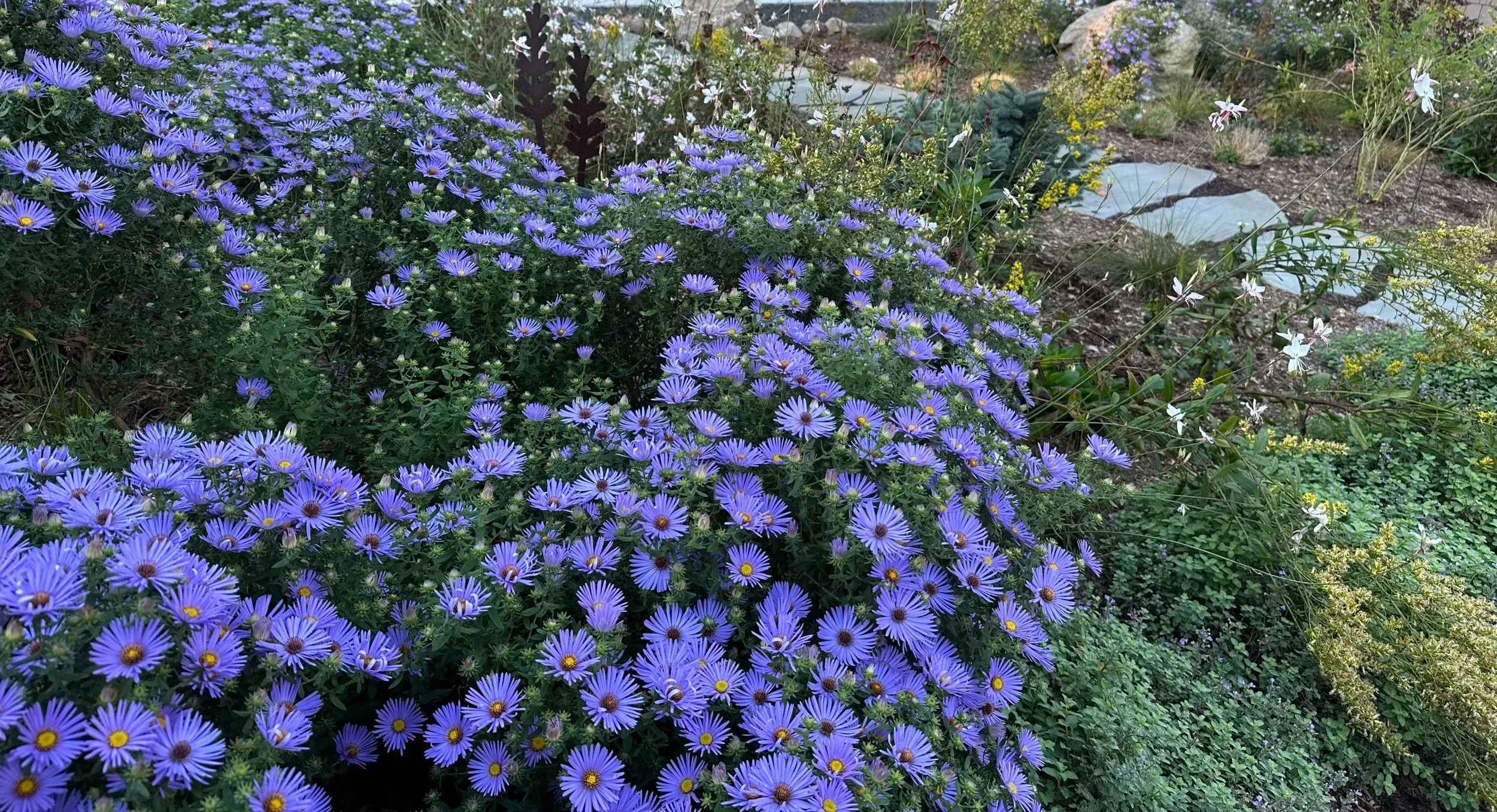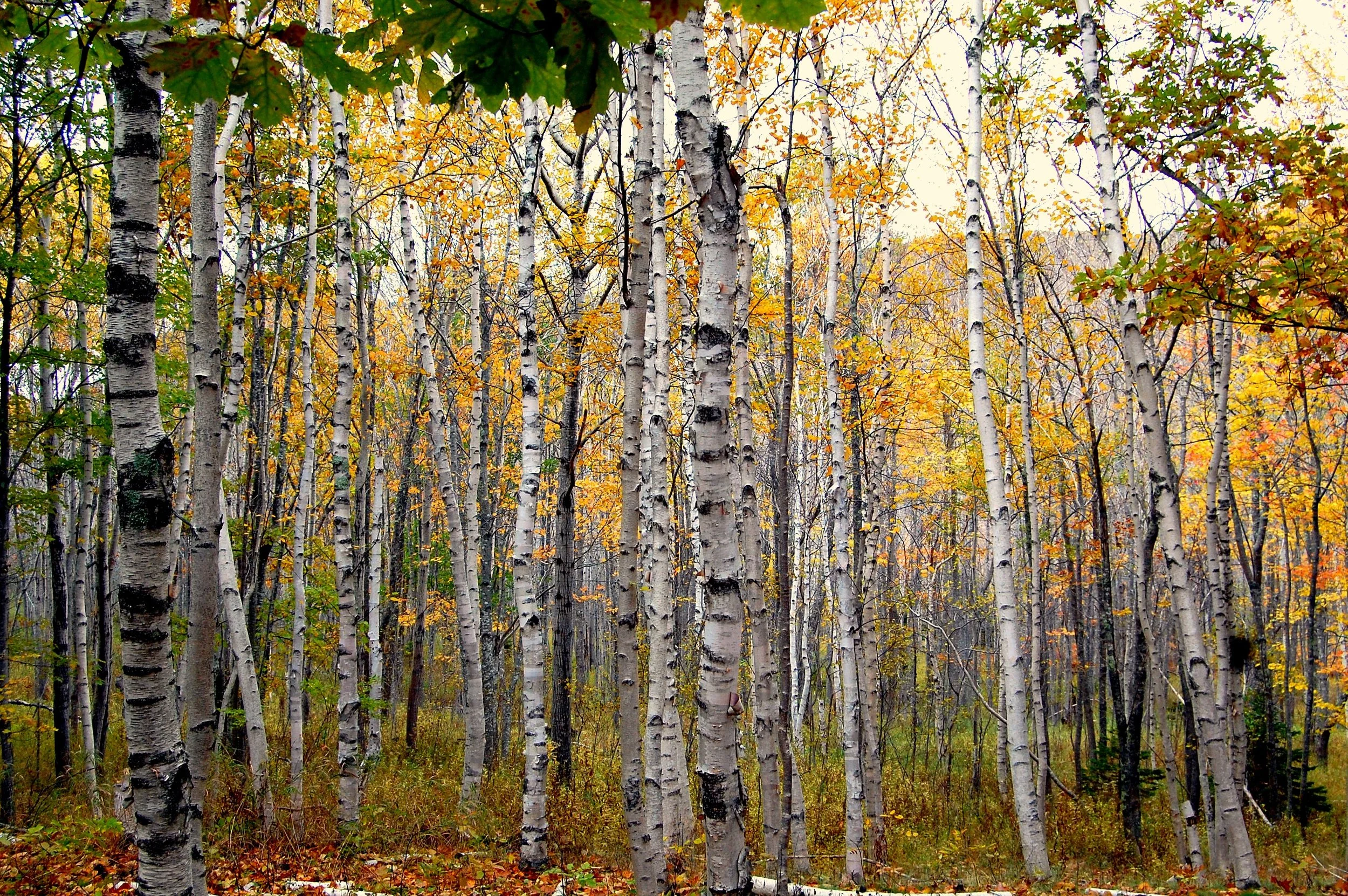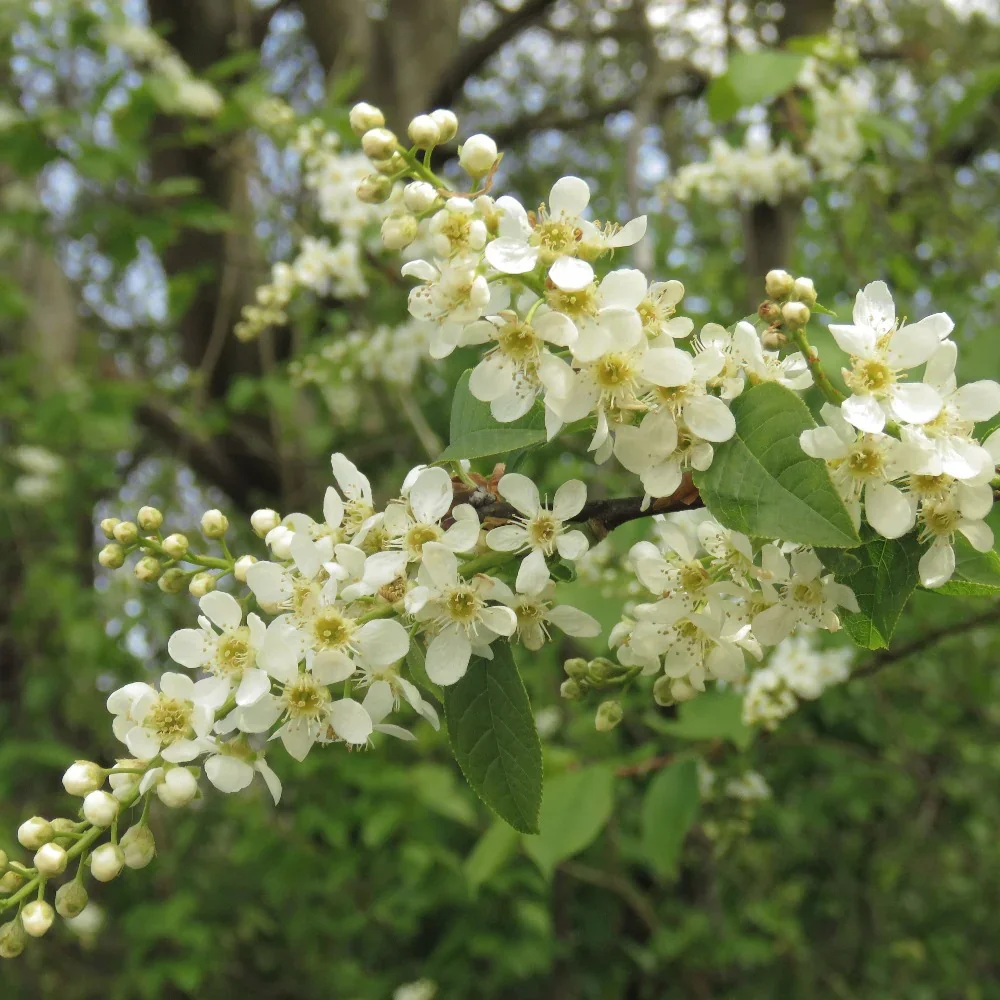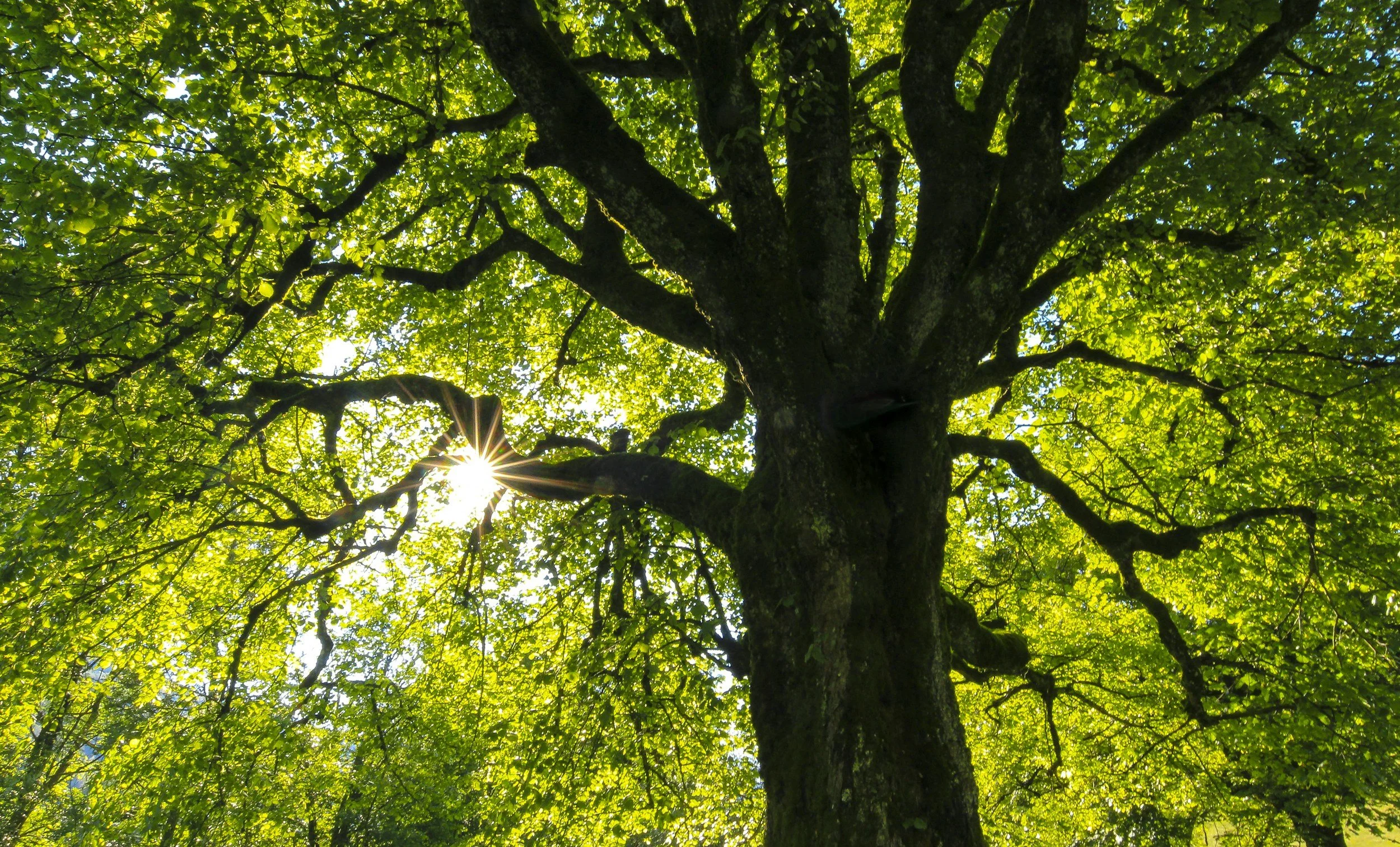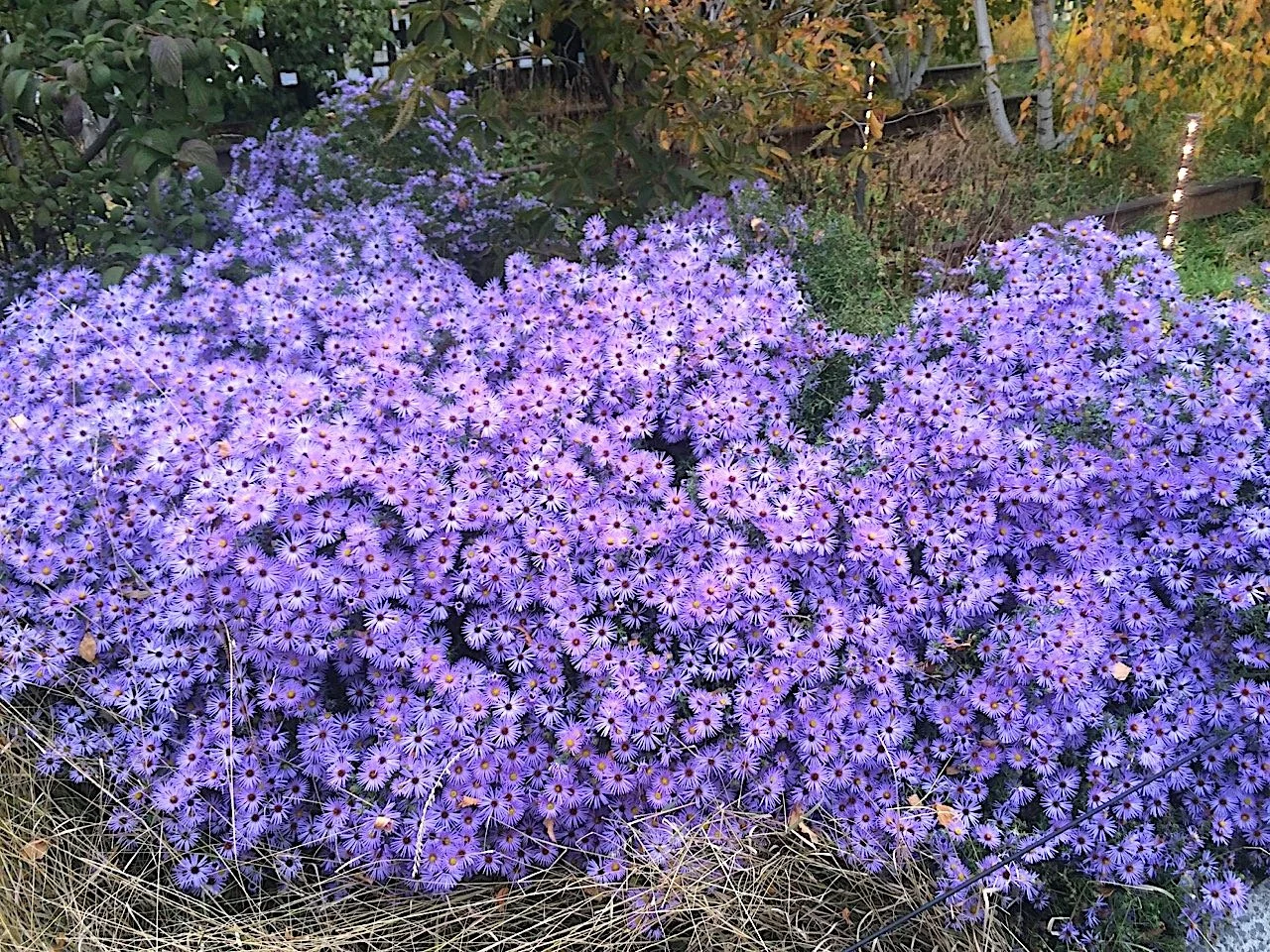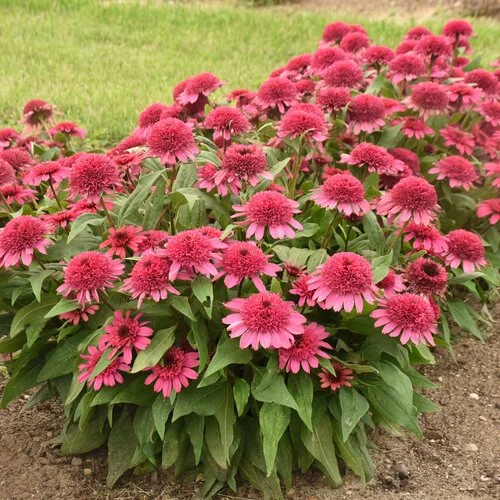
Learning
Find tips, inspiration, and practical advice to bring your garden dreams to life.
Dive in, explore, and let your garden flourish!
Narrowing Down Your Native Plant List
In Part 1, we covered the most important first step in native plant gardening: identifying plants native to your ecoregion. In Part 2, we discussed the importance of keystone species to make your landscape as ecologically beneficial as possible. Now, it’s time to move from ecology to design, where you will narrow that list to species that fit your yard, goals, and aesthetic.
Make Your Native Garden Ecologically Powerful with Keystone Species
In Part 1, we helped you determine your ecoregion so you plant species that truly belong in Northern New Jersey. Now, it’s time to make your garden ecologically meaningful.
A garden filled with native plants is great. A garden that supports insects, birds, mammals, soil health, fungi, and entire food webs—that’s ecological power.
Kicking off the New Year with Northern New Jersey Native Garden
A new year is the perfect time to rethink your landscape and start building a garden that’s beautiful, resilient, and ecologically valuable. For gardeners in Northern New Jersey, native plants offer a powerful way to support pollinators, birds, and local ecosystems while reducing maintenance, watering, and chemical inputs.
But where do you begin? Ecoregions.
Birches (Betula spp.) — The Bridge Between Forest and Meadow
Birches are another top-tier keystone genus in the Northeast, right behind Quercus, Salix, and Prunus in their ability to support caterpillar and bird diversity. According to Dr. Doug Tallamy’s research at the University of Delaware, birches support over 400 species of Lepidoptera (moths and butterflies) in the Mid-Atlantic and New England — making them the fourth most important woody genus for sustaining food webs.
Wild Cherries — Small Trees with Big Ecological Impact
Don’t let the size fool you—native cherries (Prunus spp.) punch above their weight when it comes to ecological impact. In a Northeastern pollinator garden they serve as host plants for dozens of caterpillar species, provide nectar and pollen in spring, and fruit for birds in summer. Planting them means less work for you and a richer ecosystem all season long.
Willows — Early-Season Lifelines for Pollinators and Wildlife
In riparian buffers, rain gardens and woodland edges across Morris County, willows do more than soften the view—they are early-season lifelines for pollinators, specialist insects and birds. By planting native willows, you’re investing in a low-maintenance, sustainable piece of habitat that springs into action long before most garden perennials bloom.
Oaks — The Keystone of the Northeast Forest
Planting a native oak in your North Jersey landscape isn’t just about shade and fall colour—it’s about building an abundant ecosystem. Oaks support more caterpillars, and therefore more birds and pollinators, than almost any other tree in the Northeast, reducing the need for human-intervention and boosting sustainability in your pollinator garden.
The Science Behind “Leave the Leaves”
Each fall, as leaves begin to pile up, many of us feel the urge to tidy. But research is showing that what looks “messy” to us may actually be essential to the life in our gardens. Let’s explore the data released by a new study that confirms what ecologists and gardeners have long suspected: removing autumn leaves dramatically reduces insect diversity and abundance in residential yards.
Solidago speciosa: A Golden Glow in the Fall Garden
When September rolls around, most gardens fade—but Solidago speciosa (Showy Goldenrod) is just getting started. This brilliant native perennial lights up the fall landscape with golden-yellow blooms, feeding pollinators at a time when nectar sources are scarce. If you’re looking to extend your garden’s season of beauty and ecological value, this goldenrod is a must-have.
Helenium: A Native Star of the September Garden
As summer begins to wind down, many gardens start to fade. In New Jersey, one native perennial shines brightest just when other flowers are waning: Helenium! This pollinator favorite is one of the most reliable, long-blooming perennials for adding golden late-season color and supporting wildlife well into fall.
Move Over Mums: Why Aromatic Aster Deserves the Spotlight
When autumn arrives, garden centers fill with chrysanthemums. While their neat, button-like blooms may look appealing, mums rarely offer much to pollinators. If you want a perennial that’s both beautiful and ecologically powerful, look no further than Aster oblongifolium (Aromatic Aster). This native aster is a late-season powerhouse: charming, abundant, deer-resistant, and absolutely buzzing with pollinators at a time when nectar is scarce.
Let It Glow: How to Attract and Support Fireflies in Your New Jersey Garden
Fireflies are declining due to habitat loss, chemicals, and light pollution, but you can help by making your New Jersey garden a welcoming sanctuary. Simple changes like reducing outdoor lighting, skipping pesticides, and planting native species can support their full life cycle. By creating a darker, wilder, and more ecologically rich landscape, you’ll enjoy the magic of fireflies while restoring balance to your backyard ecosystem.
The Science of Specialization: Why Some Insects Need Specific Plants
Many of our native insects, especially butterflies and moths, have highly specialized relationships with plants. These unique partnerships are the result of millions of years of coevolution, and they are essential to maintaining resilient ecosystems.
Host Plants vs. Nectar Plants: Why Both Matter
To support pollinators and restore ecological balance, your garden needs nectar plants and host plants. Host plants support the full life cycle of our insects!
Not All Natives Are Equal: How Cultivar Traits Impact Insect Use
Not all cultivars are created equal when it comes to supporting wildlife. In fact, some traits can unintentionally make a plant far less useful (or even useless) to pollinators, caterpillars, and other insects. Here’s a closer look at which cultivar traits may interfere with ecological function, and what to watch for when designing a pollinator- or bird-friendly garden.
July Blooms: Native Plants That Shine This Month in New Jersey
In New Jersey’s native gardens, July is showtime. This is when pollinator-friendly perennials, shrubs, and grasses take center stage, offering color, habitat, and nectar at the height of summer. Read on to learn about show stopping native July bloomers.
Solarizing Weeds – Harnessing the Sun to Reclaim Your North Jersey Garden
If you’ve ever felt like you were losing the battle against weeds, you’re not alone. Some weeds are simply too persistent for pulling. But what if you could use the power of the sun to do the dirty work for you? Solarization is the process of covering soil with clear plastic during the hottest weeks of summer to trap solar heat. Check out this article to learn more about the how, when, and why.
🌱 Garden Magic: How to Propagate New Jersey Native Plants 🌱
There’s something undeniably magical about turning one plant into many. Propagation is a simple, empowering way to multiply your favorite plants, share them with friends, or expand your garden without spending a dime.
Mulch Matters: How to Mulch for Healthy Gardens and Happy Pollinators
Mulch is one of the unsung heroes of the garden. It suppresses weeds, retains moisture, keeps roots cool in summer, and adds organic matter to your soil. But not all mulch is created equal—and how you use it matters just as much as what you use. Let’s dig into the good, the bad, and the beautiful world of mulch.
Why Weed Cloth and Black Garden Plastic Are a Waste of Money—and Harmful to Your Garden
Walk into almost any garden center, and you’ll see rolls of “weed barrier” cloth or black plastic sold as foolproof solutions for a weed-free garden. The pitch is tempting: lay it down, cover it with mulch or gravel, and weeds will magically disappear. But weed cloth and black plastic don’t live up to the promise. In fact, they often make things worse—and come with hidden environmental costs.
Let us enrich your landscape.
Join the waitlist!
We’re currently booking on a waitlist basis. If you're interested in working together, please fill out the form to share a bit about your property and goals. We'll be in touch as availability opens up.
summersweetnj@gmail.com
Denville, NJ 07834






